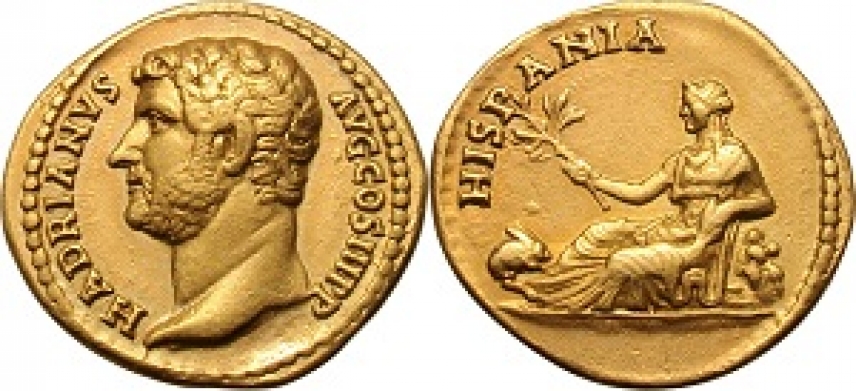
As the ancient history expert remarks: “When we talk about democracy, we seem to assume that it started with the French Revolution; we forget that democracy was born in Ancient Greece, and that the system of electing officers by public vote was subsequently implemented in Rome and in hundreds of cities throughout the Roman Empire”. Standard Roman practices – the annual election of magistrates responsible for running each municipal community, the drafting of rules and regulations for the administration of everyday affairs, and of constitutions for the governance of every city and nation – have come down to us intact, together with legal documents regulating the proper functioning of public institutions. Elements of Roman law – one of Rome’s major legacies – are still to be found in the modern law of many European countries. Private law, in particular, is strongly influenced by the Roman system; this is apparent in the format of wills, deeds of tutelage, easements and rights of way, sales and purchases.
Bearing all this in mind, the study argues that history’s first globalised society “is not today’s society but rather the Roman Empire, despite all the constraints operating in those days, and in particular the absence of media for the dissemination of culture, science and ideas, and of the efficient communications systems we enjoy nowadays”. According to Prof. Melchor Gil’s analysis, although today’s globalised world is a Roman legacy, it cannot boast the same degree of unity as its predecessor, which has “never been achieved since”. Modern civilisation has evolved over the centuries, but at the same time “it has become compartmentalised through the emergence of nationalisms and of local movements seeking to safeguard the privileges of a minority”. It was these minor local movements which “eventually broke up the Roman Empire”.
The study notes that while “the Roman Empire was not an ideal society, it was certainly better than present-day society – a fact highlighted by its persistence over time”. The key to Rome’s success lay, according to Melchor Gil’s study, in its insistence on incorporating the peoples it conquered, making them part of a single Empire and thus defusing any desire on their part to topple the Empire. Rome succeeded in developing economic, political, social and cultural structures that were common to the Empire as a whole, in which all the Empire’s inhabitants were encouraged to participate, whilst at the same time respecting the distinctive features (e.g. languages and religions) of the peoples it conquered. The study published in Andalucía en la Historia concludes that this organisational model “should be central to any political project seeking to shape the construction both of Europe and of Spain”.
The study is part of broader research by the ORDO (Western Roman Oligarchies) group, to which Professor Melchor Gil belongs, focusing on the Hispanic elites involved in the governance and administration of the Empire.
Melchor Gil, E.; La huella de Roma en la Andalucía y Europa Actuales. El legado de un imperio. ANDALUCÍA EN LA HISTORIA, número 58. Octubre 2017


